Photo: CHEMMAT’s Dr Shanghai Wei
MBIE Smart Ideas
Aotearoa New Zealand’s marine and aquaculture industries aim to grow to a $3Billion industry by 2030. These industries are also aiming to minimize their carbon footprint. Efficient storage of marine renewable energy (MRE) is essential for meeting the energy needs of the growing marine and aquaculture sectors. Currently, lead-acid batteries (LABs), and lithium-ion batteries (LIBs) are used in these sectors, providing a power source to a wide range of sensors and inspection systems, as well as offering micro-grid scale energy storage. These battery technologies have limitations due to low energy density (LABs) and non-recyclability (LIBs), making them less than ideal for MRE storage and improving the sustainability/resilience of our aquaculture and marine industries.
Dr. Shanghai Wei has successful secured 2022 MBIE Smart Ideas research funding for designing and developing rechargeable seawater batteries (SWBs) for MRE storage. Rechargeable seawater battery is a new battery technology that uses seawater as an active battery component. The proposed work builds on their current fundamental battery research and will exploit unique methods to design and develop the rechargeable batteries.
NZIMMR grant
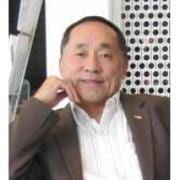
Photo: CHEMMAT’s Professor Wei Gao
Congratulations to Professor Wei Gao’s team for a project we received from NZIMMR:
Title: Low-Dimensional Photocatalysts for Water Remediation by Atomic Design and Machine Learning
Project Leader: Professor Wei Gao
PIs: Dr Filicia Wicaksana, Dr Shanghai Wei, Dr Sudip Ray
Funds: $100,000
About the project:
A research project has been set up with collaboration of NZ Institute of Mineral for Materials Research (NZIMMR). The topic is “Low-Dimensional Photocatalysts for Water Remediation by Atomic Design and Machine Learning”.
This project focuses on the development of innovative materials including graphene and 2-D photocatalysts for wastewater remediation. Advanced atomic modelling and machine learning will be used to design and optimise the photocatalysts. Lab experiments will be used to verify the performance. The outcomes of this research will be highly efficient and cost-effective photocatalysts for sustainable energy and environmental applications.
This is a roadmap of designing novel photocatalysts.
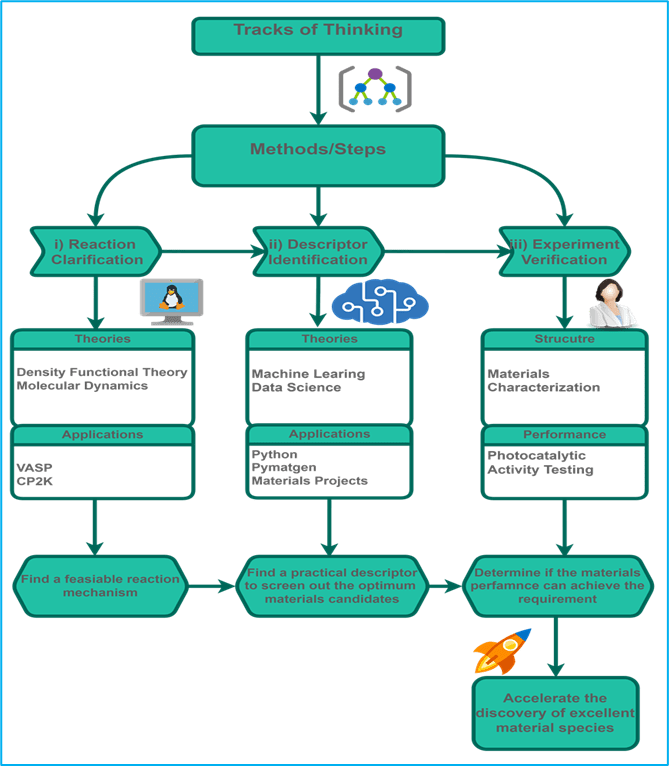
An image of CHP molecule adsorbed on Cu surface shows how to use molecular dynamics simulation to predict the reaction, where brown colour represents Cu atoms, green colour refers to carbon atoms, and white colour for hydrogen atoms.
This is a 2-year project, led by Prof Wei Gao with PIs of Drs Filicia Wicaksana, Shanghai Wei, Sudip Ray and 2 PhD students Junyao Wu and Yue He.
Funding secured for green hydrogen storage materials research
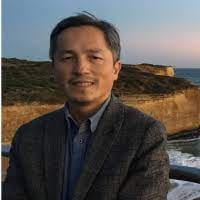
Photo: CHEMMAT’s Professor Peng Cao
Professor Peng Cao was involved in a successful Catalyst Fund – German-NZ Green Hydrogen Alliance. The project aims to develop a safe, low-cost, green hydrogen storage material from NZ resources.
The project is led by Professor Sally Brooker of the University of Otago and Dr Paul Jerbek of the Institute of Hydrogen Technology Hermholtz Zentrum Hereon, and jointly funded by the Ministry of Business, Innovation and Employment (MBIE) and the German Federal Ministry of Education and Research (BMBF).
The NZ team include the Universities of Otago, Auckland, Victoria and Canterbury.
https://www.otago.ac.nz/news/news/releases/otago0231700.html
Public good funding
Dr Laura Domigan
Collaborators: Massey University / Riddet CoRE
$402,500
Project 3.1: Cell-based production of animal meat protein products
Commercial funding
Dr Laura Domigan
Collaborator: CellCo Limited
$118,437
Project: CellCo

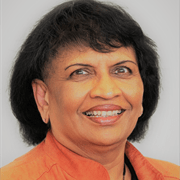
Dr Mark Jones & Dr Karnika de Silva (New Zealand Product Accelerator)
Collaborator: Evolution of Surfaces Ltd
$99,594
Project: Testing engineered and functionalised solid surfaces for antimicrobials and viruses
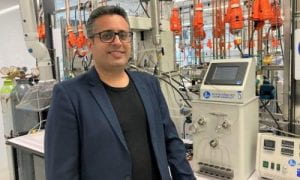
Dr Saeid Baroutian
Collaborator: Callaghan Innovation
$43,000
Project: Mobile by-product stabilisation unit (MOBY)
Dr Saeid Baroutian
Collaborator: Phoenix Metal Recyclers NZ Ltd
$46,000
Project: Evaluation of circular strategies in resource recovery from metallic waste
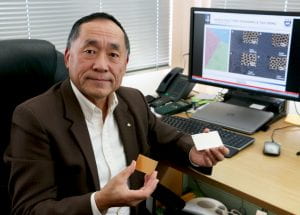
Professor Wei Gao
Collaborator: Auckland UniServices Ltd
$67,379
Project: Self-Healing Corrosion Resistant Coating